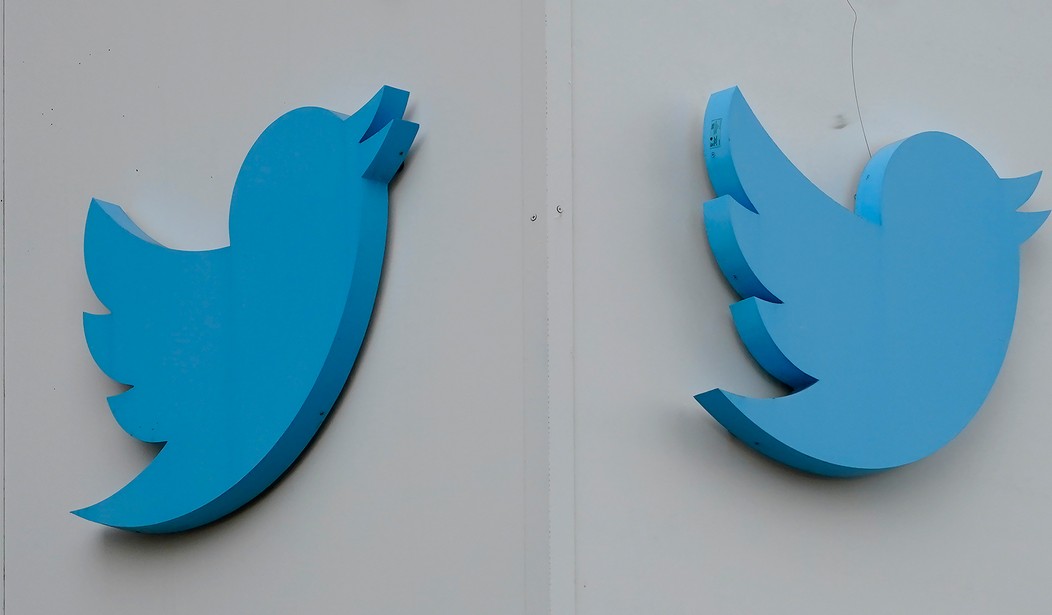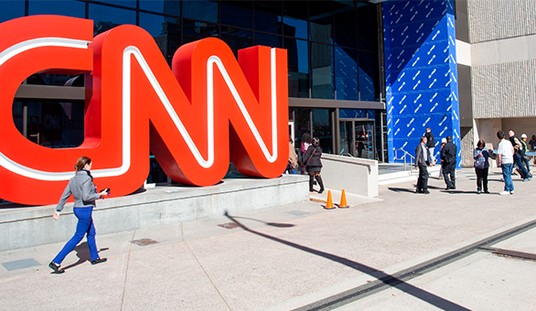The opinions expressed by contributors are their own and do not necessarily represent the views of RedState.com.
Three former top Twitter executives faced down Congress in a Wednesday hearing focusing on the company’s decision to suppress the Hunter Biden laptop story in 2019. Lawmakers grilled the former employees to get to the bottom of the company’s actions, which have been criticized as politically-motivated efforts to influence the outcome of the 2020 presidential election.
Throughout the course of the proceedings, Republicans and Democrats on the House Oversight and Accountability Committee questioned former chief legal officer Vijaya Gadde, former head of Trust and Safety Yoel Roth, and former deputy general counsel James Baker about the revelations that came from the Twitter Files.
Each of these individuals made efforts to defend their actions. But in so doing, at least one of them might have inadvertently confessed the true reason motivating their decision to prevent users from sharing the story on the platform.
Baker, who previously served as general counsel for the FBI, claimed he “was not aware of and certainly did not engage in any conspiracy” to “do anything unethical, improper, or unlawful” during his stint at Twitter.
“I did not act unlawfully or otherwise inappropriately in any manner with respect to Hunter Biden’s laptop computer. … I am aware of no unlawful collusion with, or direction from, any government agency or political campaign on how Twitter should have handled the Hunter Biden laptop situation,” he told lawmakers.
He added:
“Even though many disagree with how Twitter handled the Hunter Biden matter, I believe that the public record reveals that my client acted in a manner that was fully consistent with the First Amendment.”
For his part, Roth said during the hearing that “Twitter and other tech companies worked to build closer information-sharing relationships with law enforcement such as the FBI” to address “threats posed by Russian disinformation efforts similar to those in 2016.”
Then, the former Twitter executive said he and his team “erred in this case” because “we wanted to avoid repeating the mistakes of 2016.”
Before the hearings began, the White House issued statements excoriating House Republicans for daring to question the trio about the goings on at Twitter before Elon Musk took over as CEO. Spokesman Ian Sams accused them of pulling a “bizarre political stunt.”
“This appears to be the latest effort by the House Republican majority’s most extreme MAGA members to question and relitigate the outcome of the 2020 election,” he said in a written statement.
“This is not what the American people want their leaders to work on,” Sams continued. “As the president has said and made his focus, the American people expect their leaders to work together in a bipartisan way on the issues that most impact their lives and their families, not attack his family with long-debunked conspiracy theories.”
But the question is: To what “mistakes” was Roth referring when he brought up the 2016 elections?
Back then, Democrats and members of the activist media were desperate in their attempts to convince the nation that Russia was somehow going to hand former President Donald Trump the election by posting ridiculous memes on various social media platforms. Indeed, some of them still claim he would not have defeated Hillary Clinton if it wasn’t for Putin and his pals.
But if you look at the totality of the situation, you can see what Roth probably meant. In 2020, they suppressed a bombshell story that would have surely made people think twice about pulling the lever for then-candidate Joe Biden. Facebook, to a lesser degree, did the same with the laptop story. Was Twitter’s mistake back in 2016 related to not censoring content that could have resulted in a Trump victory?
At least one iteration of the Twitter Files suggested that the FBI pressured the company to find examples of Russian accounts trying to perpetuate propaganda on the platform. The problem? There weren’t many – surely not enough to warrant the FBI’s involvement in the company’s operations. So, it is unlikely this was part of Twitter’s effort to root out foreign misinformation as has been suggested previously. Indeed, many employees pushed back against the censorship decision on the grounds that the story did not violate the company’s terms of service.
The only reasonable thing to conclude here is that Roth and others at Twitter knew the Hunter Biden laptop scandal could rebound negatively on Biden, so they decided to make sure its users did not see it. This was the “mistake” the company made in 2016 – not doing enough to influence the outcome of the election.
Fortunately, it does not seem the company will engage in this same behavior under its new management. But this does not mean the same holds true for other Big Tech companies, which are run by far-left progressives who have little problem with squashing voices that contradict the narrative they wish to advance. I’ve said before that House Republicans’ investigations will probably not lead to accountability, but they can certainly expose more malfeasance on the part of Big Tech and especially the government’s role in suppressing content.














